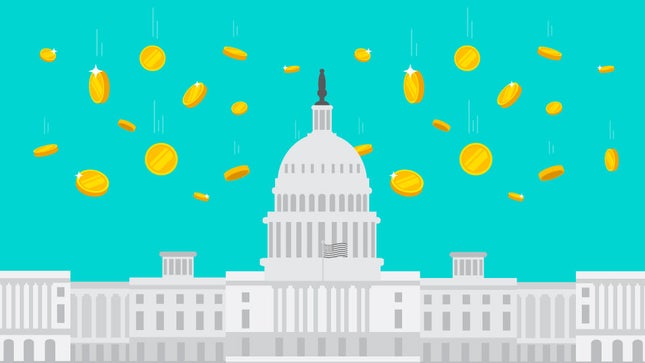SEC bolsters crypto watchdog unit amid rise of digital tokens, investments

The Securities and Exchange Commission (SEC) has bolstered its unit dedicated to finding and cracking down on cyber and cryptocurrency-related crimes, the agency announced Tuesday.
The SEC has opened 20 new roles on its newly renamed Crypto Assets and Cyber Unit within the agency’s enforcement division. Formerly known as the Cyber Unit, the group previously included 30 officials focused on internet-centric schemes, hacks and illegal investment offerings.
“The U.S. has the greatest capital markets because investors have faith in them, and as more investors access the crypto markets, it is increasingly important to dedicate more resources to protecting them,” said SEC Chair Gary Gensler in a Tuesday statement.
“By nearly doubling the size of this key unit, the SEC will be better equipped to police wrongdoing in the crypto markets while continuing to identify disclosure and controls issues with respect to cybersecurity.”
The SEC has ramped up its focus on cyber and cryptocurrency-related crimes as financial technology applications, online investment platforms, and digital currency offering exploded in popularity over the past decade. Since 2017, the cyber unit has cracked down on more than 80 alleged violations of investor protection and transparency rules, including unregistered investment offerings and conventional investment scams—such as Ponzi schemes—involving cryptocurrencies, the SEC said.
While the SEC has won praise from Democrats and consumer protection groups for paying close attention to cryptocurrency-related crimes, Republicans and industry advocates have expressed concerns with the agency’s approach to the industry on whole. Cryptocurrency firms and advocates for the industry say the SEC has been reluctant to give clear guidance on how digital tokens and the platforms used to transmit, sell and store them can operate without violating securities laws.
Cryptocurrencies and investment offerings tied to digital tokens straddle lines between different federal and state regulators depending on where they are registered and the services provided. Since no one agency has total oversight over the quickly growing space, policymakers have struggled to adapt or rewrite federal investment laws around the unique ways cryptocurrencies exist within the broader financial system.
Copyright 2024 Nexstar Media Inc. All rights reserved. This material may not be published, broadcast, rewritten, or redistributed..











